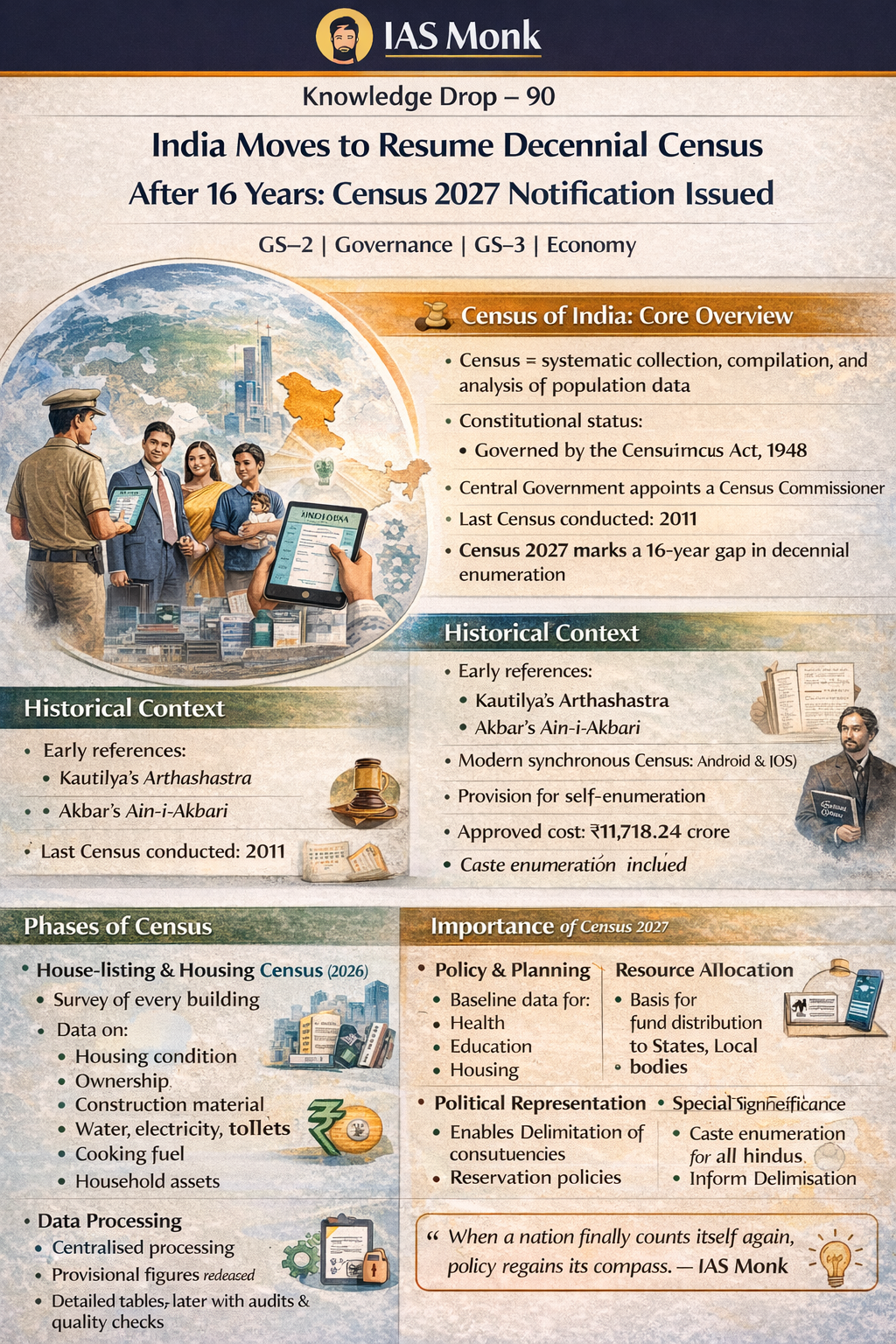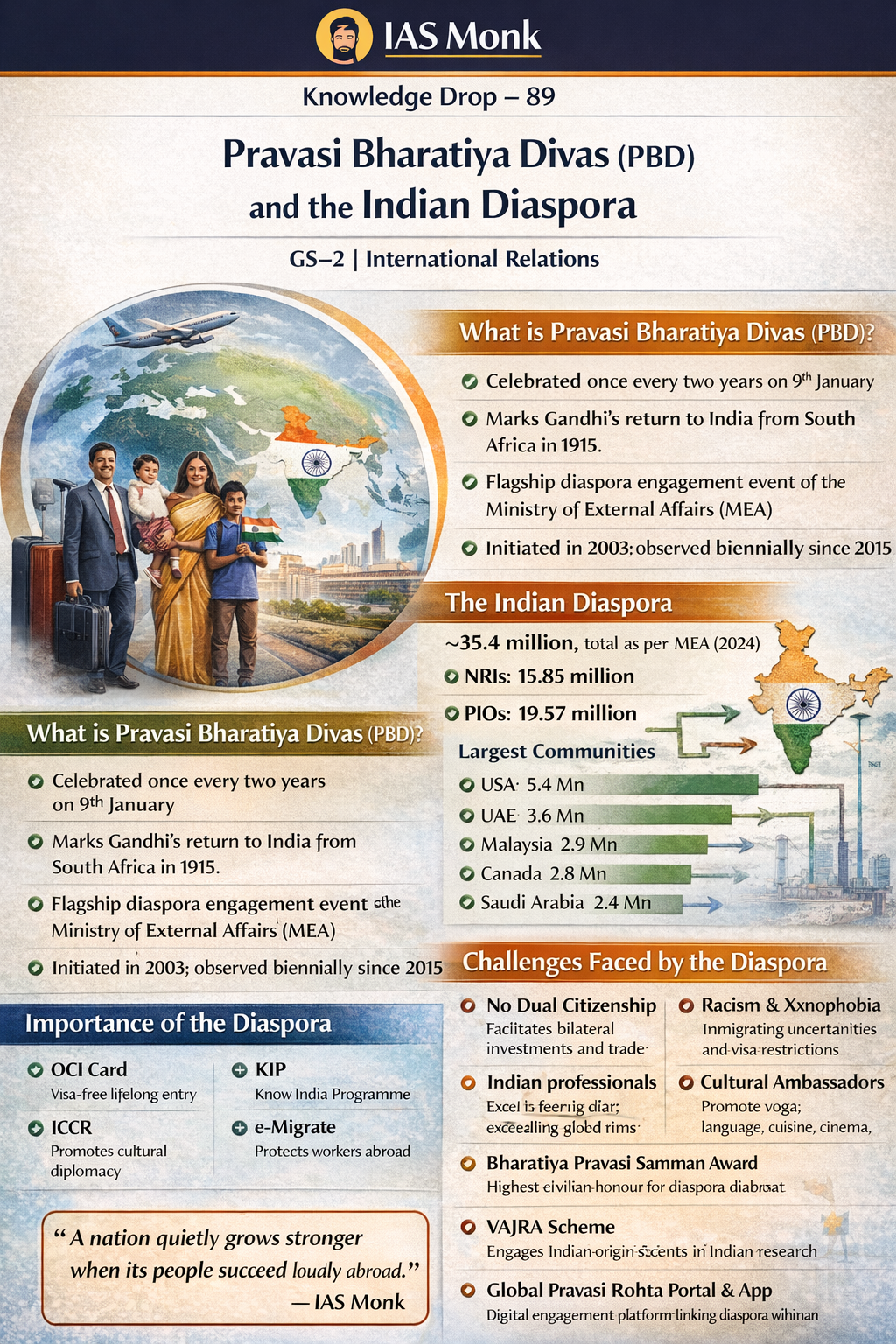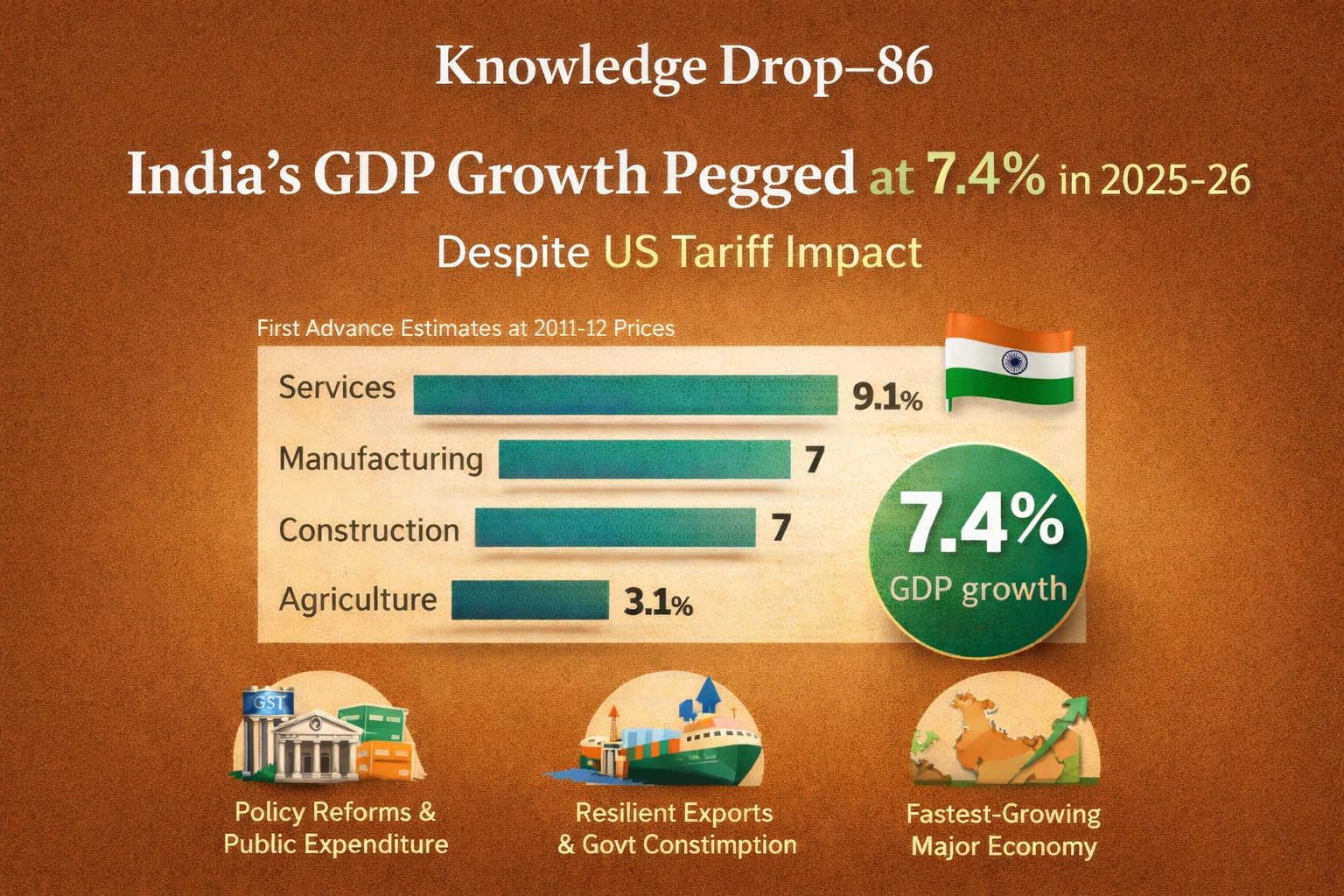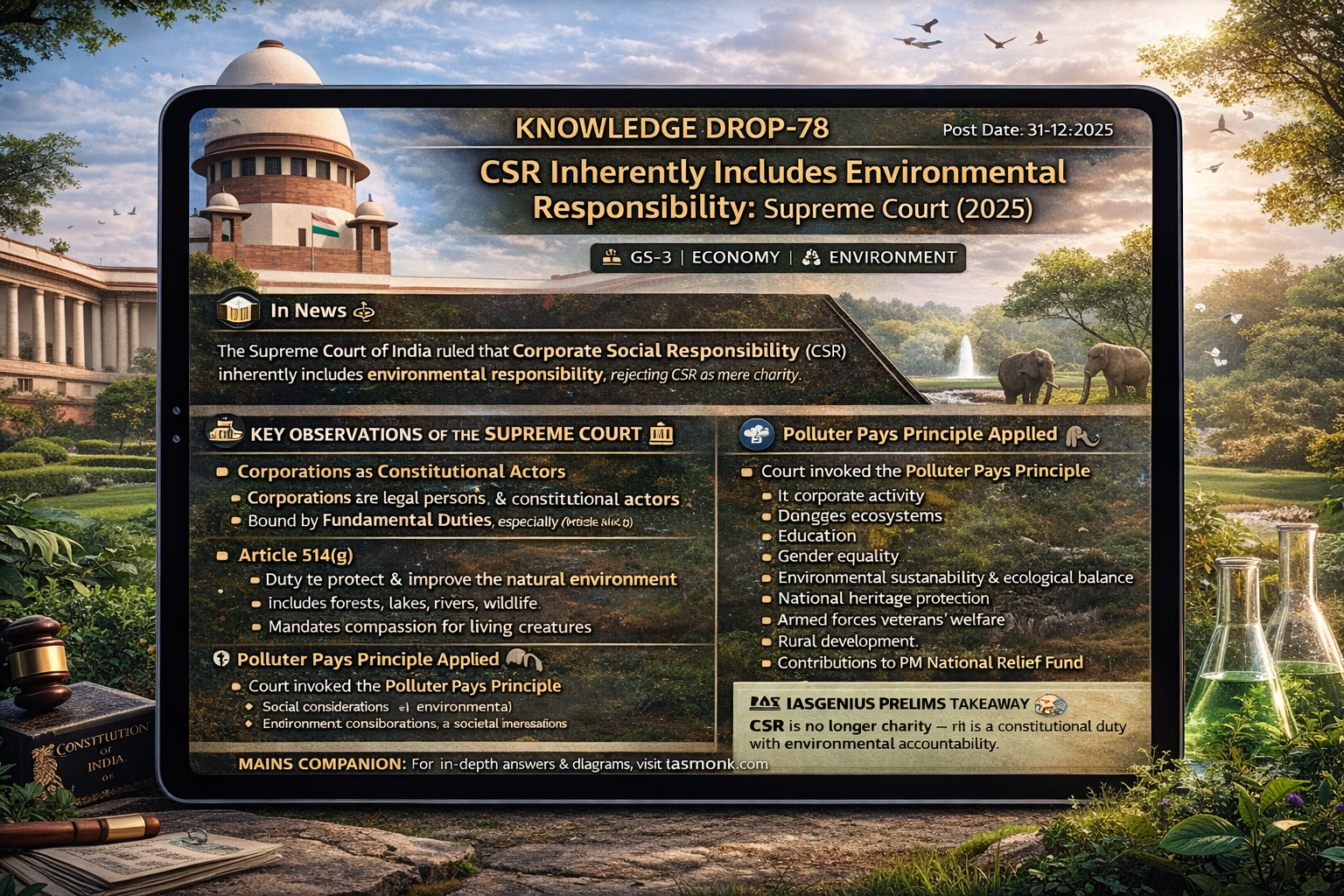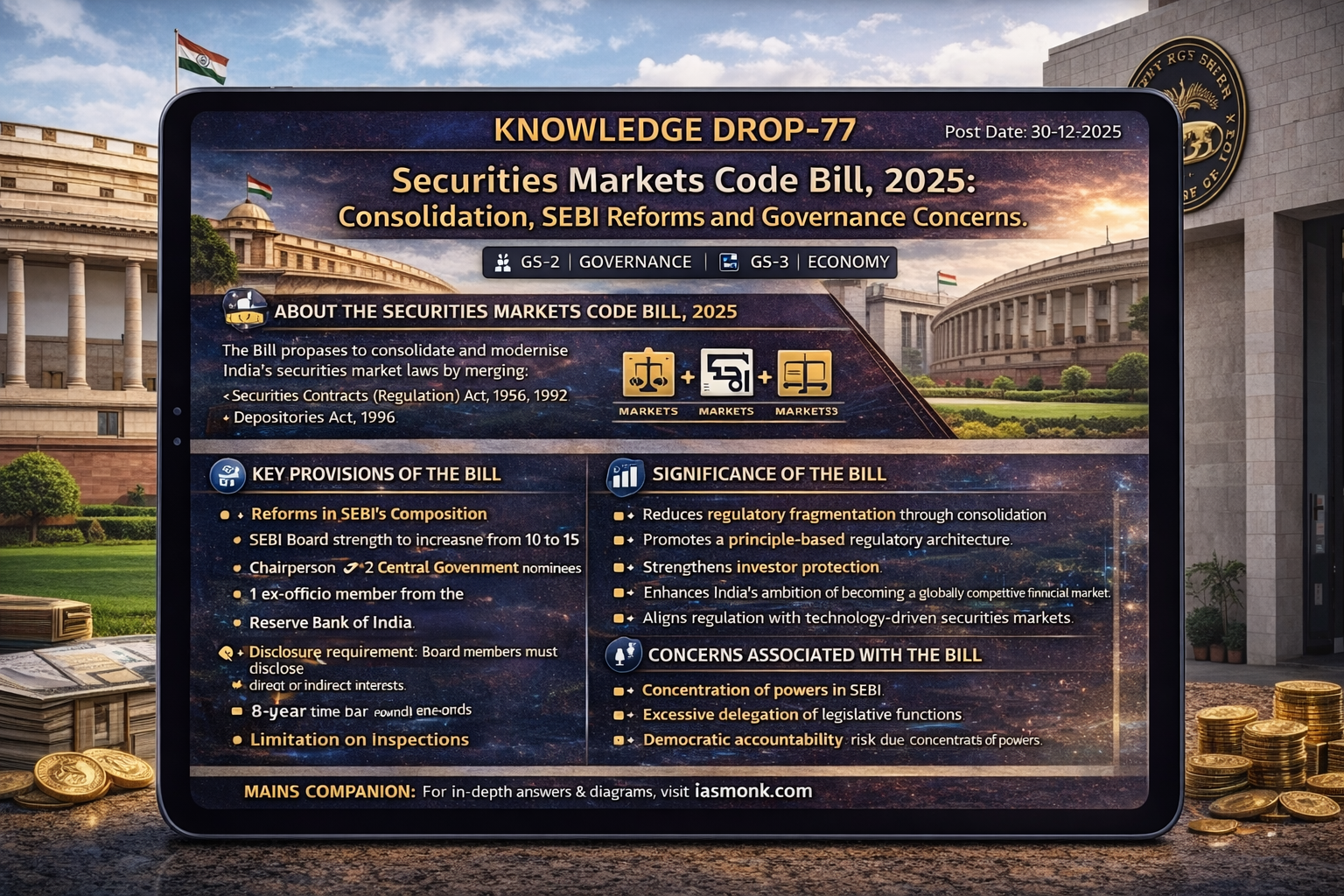
008. Section 40 at Stake – Waqf Bill Sparks a Legal Firestorm 🕌
Governance, Minorities, Constitutional Law, Current Affairs
By IAS Monk / April 3, 2025

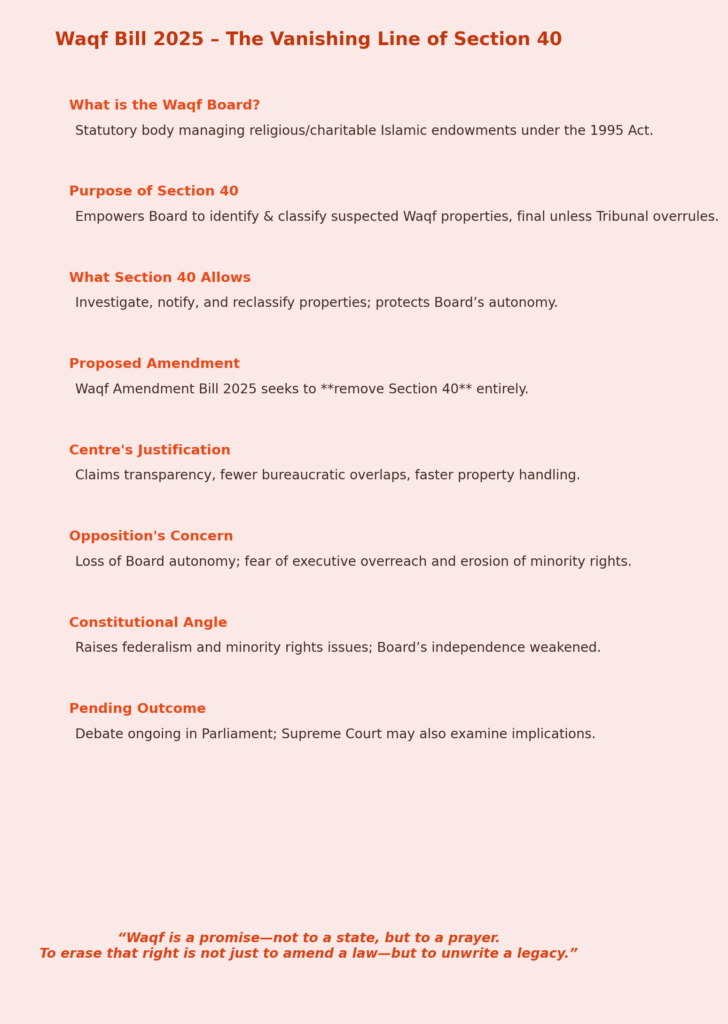
🧾 What is the Waqf Board?
- Statutory body that manages Waqf properties — assets donated for religious/charitable use in Islam
- Operates under the Waqf Act, 1995
- Ensures properties are used per donor’s intent
📚 What is Section 40?
Empowers the Board to:
- Investigate properties it suspects to be Waqf
- Issue decisions independent of executive interference
- Ask other trusts/societies to register suspected Waqf lands
- Make a final ruling, challengeable only in a Waqf Tribunal
🔧 Why Remove Section 40? (Centre’s View)
- To reduce bureaucratic overreach
- Increase transparency in property classification
- Promote efficient property management
- Avoid overlapping jurisdiction with other trusts/societies
🧱 Counterarguments
- Loss of autonomy: Board may become toothless without ability to identify Waqf land
- State interference: Property classification could fall into executive hands
- Risk of political misuse and erosion of minority rights
- Could undermine donor intent and faith-based usage
🏛️ Constitutional & Legal Concerns
- GS2: Rights of minorities, functioning of statutory bodies
- GS1: Culture & Religious Heritage – Waqf as an institution
- Essay: “A law becomes unjust when it silences the voice of those it was meant to serve.”
✨ Closing Whisper
“Waqf is a promise—not to a state, but to a prayer. To erase that right is not just to amend a law—but to unwrite a legacy.”
🔥 A Thought Spark – by IAS Monk
The power to identify sacred trust lies not in governments, but in guardians.
If a Board cannot decide what is Waqf, who will?

